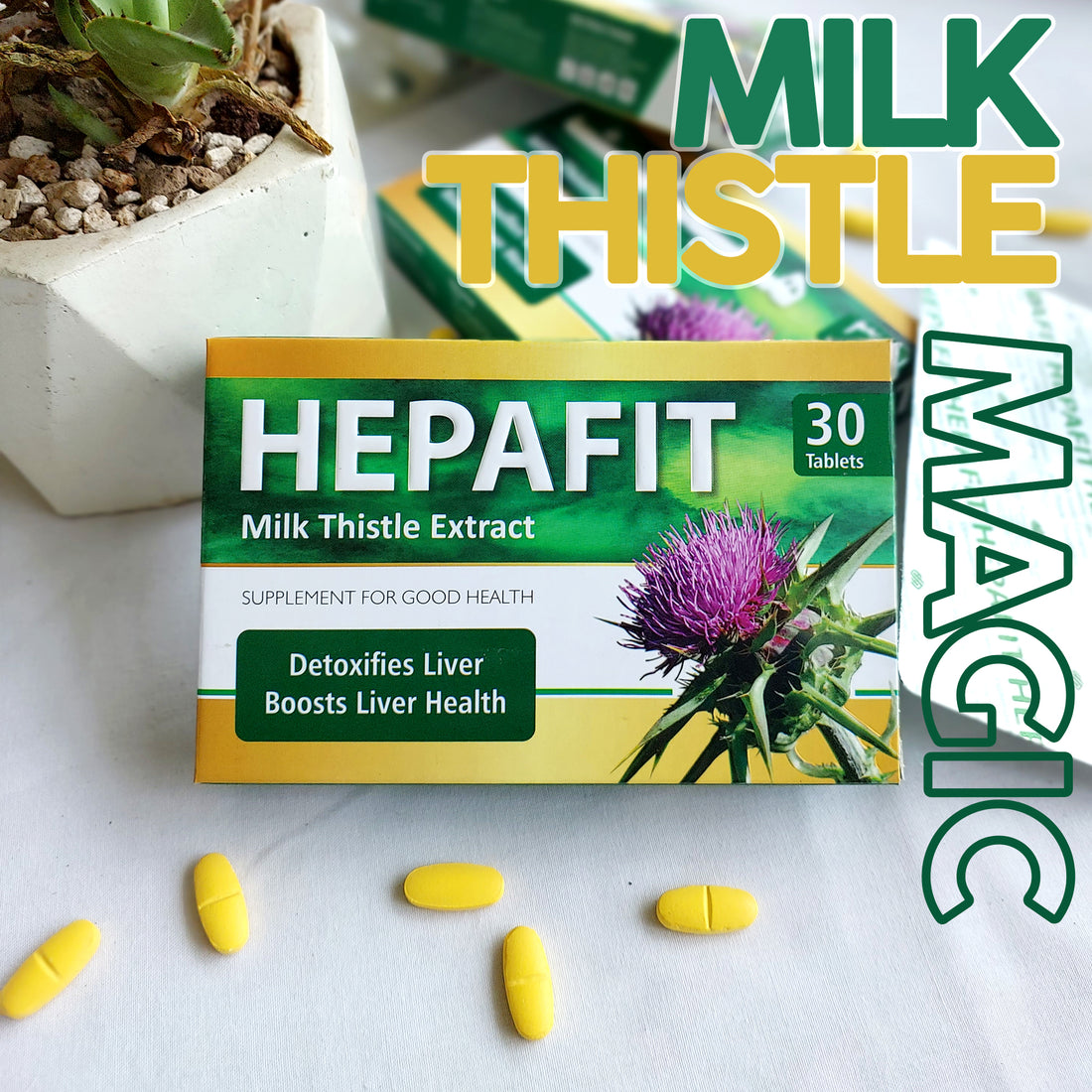Introduction:
The liver is one of the most important organs in the human body. It performs a variety of functions, such as filtering toxins from the blood, producing bile for digestion, regulating blood sugar, and storing nutrients. However, many people neglect their liver health, which can lead to serious health problems. In this article, we'll explore the link between liver health and longevity and provide some tips for maintaining a healthy liver.
The Importance of Liver Health:
The liver is essential for maintaining overall health and well-being. When it's not functioning properly, toxins can build up in the body, leading to a range of health problems. For example, fatty liver disease occurs when fat accumulates in the liver and can lead to liver inflammation and damage. If left untreated, fatty liver disease can progress to cirrhosis, a condition where scar tissue replaces healthy liver tissue and impairs liver function.
Signs of Poor Liver Health:
It's important to be aware of the signs of poor liver health so that you can take action early. Some of the signs of poor liver health include fatigue, abdominal pain and swelling, yellowing of the skin and eyes (jaundice), dark urine, and pale stools.
Causes of Poor Liver Health:
Several factors can contribute to poor liver health. These include excessive alcohol consumption, a poor diet that's high in saturated and trans fats, exposure to toxins and pollutants, certain medications, and viral infections such as hepatitis B and C.

Tips for Maintaining a Healthy Liver:
There are several things you can do to support liver health, including:
-
Follow a healthy diet: Eat a diet that's low in saturated and trans fats and high in fiber. Include plenty of fruits, vegetables, and whole grains in your diet, and limit your intake of processed foods and sugary drinks.
-
Limit your alcohol consumption: Alcohol can damage the liver over time, so it's important to drink in moderation. For women, this means no more than one drink per day, and for men, no more than two drinks per day.
-
Exercise regularly: Regular exercise can help maintain a healthy weight and reduce the risk of fatty liver disease. Aim for at least 30 minutes of moderate-intensity exercise most days of the week.
-
Avoid exposure to toxins and pollutants: Try to limit your exposure to environmental toxins and pollutants, such as pesticides, solvents, and air pollution.
-
Consider taking a natural supplement: Supplements like Hepafit, which contains Silybum Marianum (Milk Thistle), can help support liver function and promote a healthy liver.
Introducing Hepafit

Hepafit is a dietary supplement that contains Silybum Marianum (Milk Thistle), which has been traditionally used for problems with the liver and gall bladder. Silymarin is the primary active ingredient of the herb which is an antioxidant compound taken from milk thistle seeds. It is sometimes used as a natural treatment of medical disorders including cirrhosis, jaundice, hepatitis, and gallbladder disorders. Hepafit can help promote a healthy liver and support liver function, making it an excellent choice for anyone looking to maintain their liver health.
Conclusion:
Maintaining liver health is essential for overall health and longevity. By being aware of the signs of poor liver health, addressing the causes of poor liver health, following a healthy diet and lifestyle, and taking a natural supplement like Hepafit, you can support your liver function and reduce the risk of chronic diseases. Consider making liver health a priority in your life, and start taking steps today to support your liver function and improve your overall well-being.

